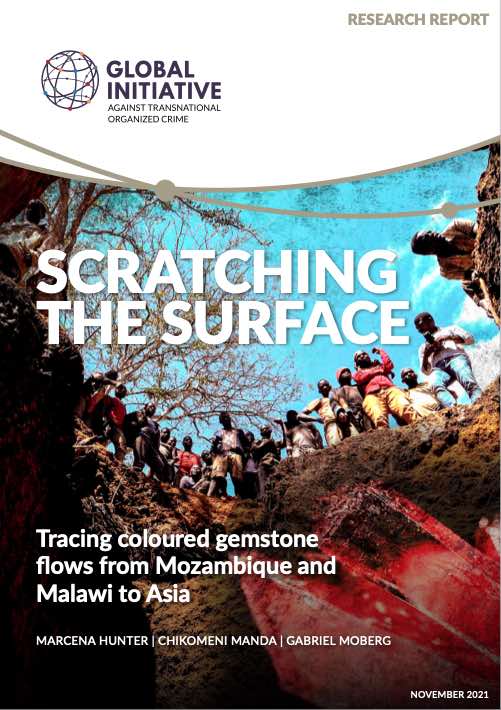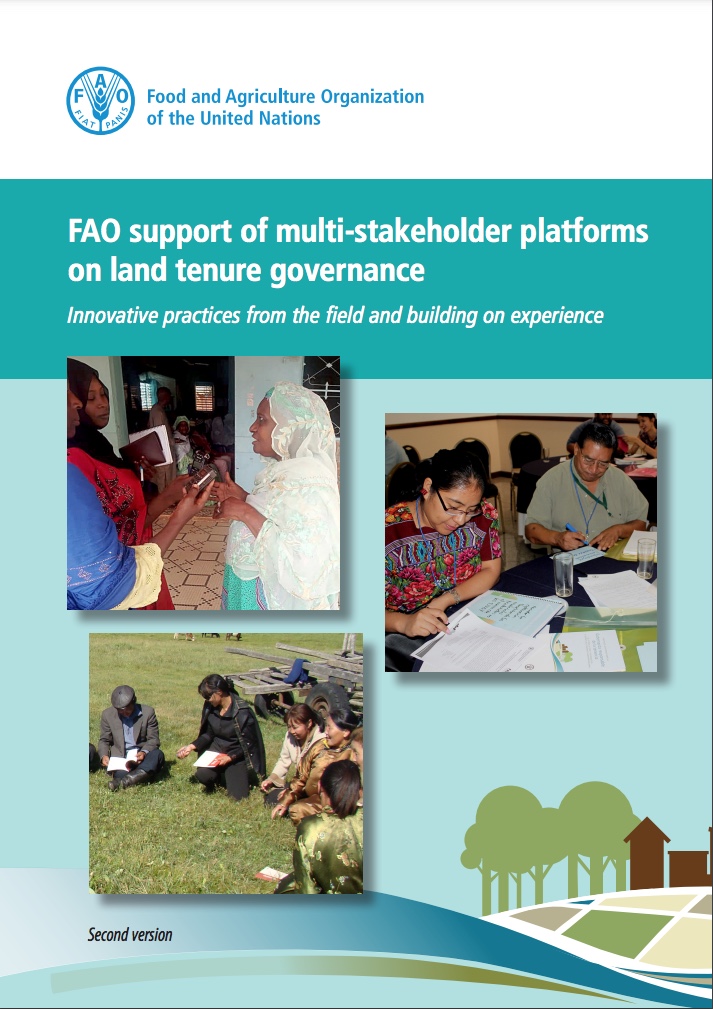Malawi has suffered from weak economic growth since its independence in 1964. Over 50 percentof the population live below the poverty line, unable to produce enough or to otherwise obtain suffi cient income to meet all of their basic needs. Poverty is concentrated in rural areas. Smallholder…
There is global debate whether to diversify agricultural production. A study was conducted in 2016 and 2017 in Lilongwe district, Malawi, to determine effects of agricultural diversity on income, wealth, diets and nutrition. A cross-sectional design was used in surveys on agriculture, income,…
The study aims to analyse key determinants of urban and peri-urban youth employment in agribusiness in Malawi to support youth policies. A mixed-methods approach is used, which combines both quantitative and qualitative analyses. The quantitative method involved a Bivariate Logit Model and…
Agriculture is amongst the vulnerable sectors to climate change and its associated impacts. Most women are more vulnerable to the impacts of climate change than men. Climate Smart Agriculture ensures increased productivity thereby enabling food security, income security and wealth creation…
Background: Agri-innovations are mostly delivered to farmers through private and public sector-led institutions around the world, with various degrees of success in Malawi. These distribution systems, on the other hand, do not meet everyone’s production and productivity needs, particularly…
Agricultural systems in Sub Saharan Africa (SSA) are highly under pressure as they are required to meet the demand of food without further damage the natural resources. At the same time, smallholder farmers that have to deal with space and resource constraints are asked to increase their…
Tropical deforestation is estimated to cause about one-quarter of anthropogenic carbon emissions, the second largest source of greenhouse gas emissions after fossil fuel combustion. Deforestation is also catastrophic for the communities that depend on tree harvesting for the livelihoods and who…
It is widely recognized that female farmers have considerably less access to productive assets and support services than male farmers. There is limited evidence of gender gaps in technology adoption and agricultural productivity after accounting for the differential access to factors of…
Do electoral considerations play a role in the targeting of humanitarian transfers? We analyze the targeting of direct cash and food transfers distributed in Malawi in response to an exceptionally poor harvest following a late and erratic rainy season of 2015-16. Combining household survey data…
Across a wide range of inequality measures, survey data measure lower levels of inequality in 2019/20 compared to a decade earlier in 2010/11. The latest survey data put Malawi’s Gini Coefficient at 0.38. The 20% richest households consume about half of the country’s total consumption. The…
This paper provides an overview of the supply chains and flows that run from the mines of northern Mozambique and Malawi, to the international trade hubs of Sri Lanka and Thailand. Analysis of the political and economic environment in which mining and trading take place gives a contextual…
As part of the efforts to find sustainable solutions to complex land tenure issues, multi-stakeholder platforms (MSPs) create an inclusive forum where actors can discuss problems and propose solutions to improve governance of tenure and provide better access to natural resources. This…




